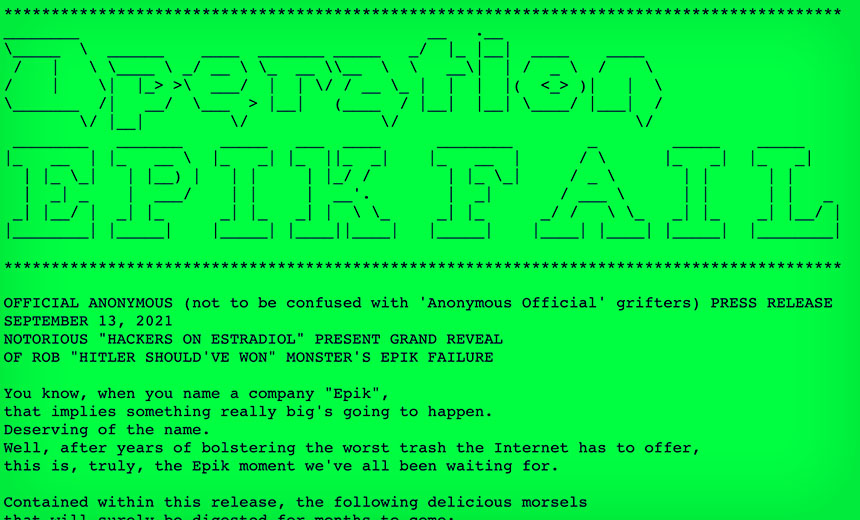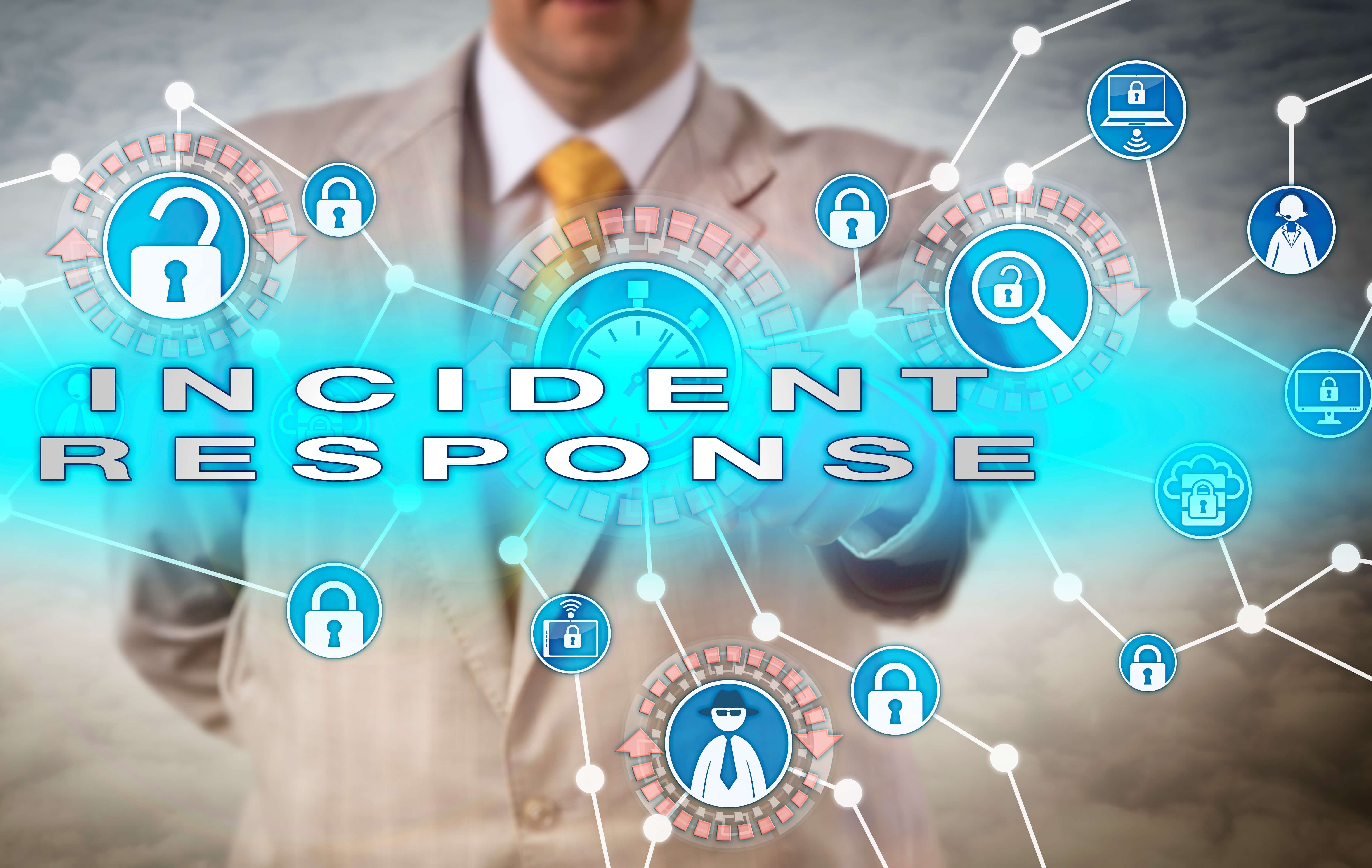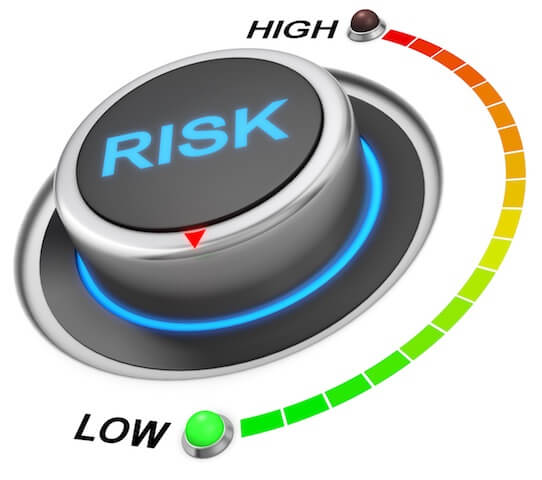
Cybersecurity Training for Non-IT Professionals
Cybersecurity Training for Non-IT Professionals
Date: 7 July 2020
We discuss cybersecurity training for non-IT and non-technical business executives in this blog. As a bare minimum, these professionals must have a working knowledge of cyber incident response and the basics of how to manage a cyber crisis.
Topics discussed:
1. Who needs cybersecurity training?
2. Why your business/employees need training?
3. Qualities of a good training course for non-IT professionals
Who needs cybersecurity training?
In our opinion, if you are a non-techie belonging to any of the below categories, you need cybersecurity training in cyber incident response & cyber crisis management:
- You are a non-techie but hold an important managerial/leadership position in your company.
- You are a key stakeholder & decision-maker for data and cybersecurity investments in your organisation even though you’re not from a technical background per se.
- You are looking to up-skill and climb up the corporate ladder.
- You are the owner/leader at a small business which cannot afford to have a separate IT & security team but the nature of your business makes you vulnerable to cyber crime.
- You work with highly critical and confidential information and your employees are untrained in security. They may inadvertently click on a link or an email that can lead to serious repercussions for your business. In this case, they need training. Urgently.
The main reasons why you and your employees need cybersecurity training:
a) We live in a digitally-connected world and without a basic knowledge of cyber incident planning and response, you’re making your business vulnerable to being severely impacted by a cyber-attack.
b) Notice we said severely impacted. That’s because today no business is immune to cyber-crime. Nope, not even yours. But what good training in and knowledge of cybersecurity can do is help you mitigate the impact of a security incident. It’s your only chance of limiting what such an incident can do to your bottom-line.
c) Unfortunately, a vast majority of cyber-attacks start with an innocuous employee absent-mindedly clicking on something he/she wasn’t supposed to. Cybersecurity training for employees is vastly undermined. Many times, one tends to believe that a particular section of the employee base is non-technical so there’s no point in exhausting their time and the company’s resources by training them in cyber incident response. But they are exactly the target group that needs a basic induction into cybersecurity training. They need to know what to do and whom to inform when they’ve had an “oops, that looked suspicious” moment.
d) A good cyber incident response training course will also teach non-techies how to handle the media and communicate with all relevant stakeholders in a moment of crisis – frankly, that’s the one skill that defines whether your business will ever be able to bounce back after the blow!
What makes for a great cybersecurity training course
for non-techies?
a) Plainspeak - The winning point for any cyber incident response course for non-techies is that it should be simple to understand. Cybersecurity is actually very easily understood, learnt and applied by non-techies all over the world. There are many top cybersecurity practitioners in the world who have no technology background whatsoever. That means no course on cybersecurity needs to be complicated or esoteric. But many are. So, if you’re looking for a good training programme for non-techies, check the reviews and make sure the consensus is that the course is free of fluff and easy to understand.
b) Interesting – Having an expert trainer delivering the course is imperative but believe us, many experts can be really snooze-inducing, especially for non-techies who enter into cybersecurity training programmes with a fair bit of reservation to begin with. If you’re looking for the right cybersecurity training programme for your non-technical employees, you have to make sure the trainer isn’t just highly knowledgeable and reputed, he/she undisputedly has to be really engaging and has to have a delivery style that learners will find interesting and motivating.
c) Quality content – Goes without saying, the quality of content is king in this case but the content must focus on covering all crucial topics necessary for a fundamental understanding of cybersecurity and cyber incident response and management. The concepts that are most pivotal in a crisis should be covered well and practical tips and guidance must be a part of the course.
d) Live quizzes and tests – The course must have small pauses for quizzing the learners on what is being taught. If suitable tests and questions are interspersed between lessons, non-technical audiences are more likely to keep their thinking caps on and push themselves to think like the way they’ll need to in case of a crisis. Each quiz or test must also be followed by a brief discussion or explanation of what the right answers are and why (unless, of course, the answers were made obvious during the teaching of the lessons). Basically, the non-techie shouldn’t be allowed to feel bewildered or lost at any point in the course.
e) Reference material – We believe that any good cybersecurity training course for non-technical audiences must be complemented with rich reference material. As the learners are non-technical, it is likely that they may not immediately be able to put everything they learn on the course to use. Therefore, they must be given adequate reading material that they can refer to in their own time and keep their knowledge current and updated.
If you’re looking for a cybersecurity training programme that’s perfect for you or your non-technical staff, check out Cyber Management Alliance’s NCSC-Certified Cyber Incident Planning & Response Course. The course, accredited by the UK Government, is the perfect stepping stone for those who want to understand the basics of cybersecurity and also develop core competencies in detecting and responding to a cyber-crime.
Not only is the course delivered by one of the most renowned cybersecurity trainers in the world, Amar Singh, it comes with a great reference material pack including worksheets, checklists, mind maps and free templates. It is the easiest and most effective way to enhance the efficiency and cyber-resiliency of your staff and make your business more compliant with data breach response regulations.










